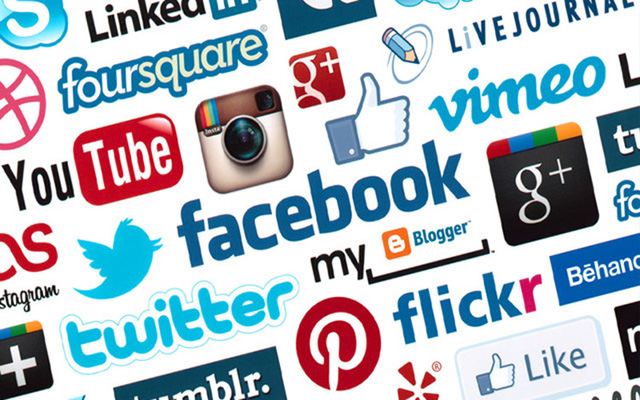Digital citizenship for students a must

Shepherd Chimururi Cool Lifestyle Correspondent
The issue of student digitals citizenship has been fairly addressed through policy formulation by of Ministry of Primary and Secondary education and joint implementation of schools, the donor community and parents.
These efforts have come in form of provision of computers, ICT teacher training programmes, availability of educational softwares and internet access in schools. One question arise to the student, now that the provision is made, how compliant are the students digital citizenship.
Digital citizenship can be defined as the norms of appropriate, responsible behaviour with regard to technology use. Current trends on the e-learning spectrum are embracing and utilising social media. Students are expected at least to utilise online social platforms like Facebook, Yahoo, Google, Linked in, e-Bay, Skype, Wikipedia, Google scholar, etc, for educational purposes, skills development and professional etiquette.
At university level, there is a provision for online libraries, jour am stores, international study sites, study rooms, and online conferencing sites. The mainstream availability of internet ensures services like scholarships, university application forms, assignment submission, internship programmes, vacancies, are now available on the click of a button.
Sadly, applications by our own our local technoprenuers are not yet popular. Not much is known about local online platforms.
Digital citizenship is a concept which helps teachers, technology leaders and parents to understand what students should know to use technology appropriately. Digital citizenship is more than just a teaching tool; it is a way to prepare students for a society full of technology. Digital citizenship is the norms of appropriate, responsible technology use.
Too often we are seeing students as well as adults misusing and abusing technology but not sure what to do. The issue is more than what the users do not know but what is considered appropriate technology usage.
The topic of digital citizenship is certainly gaining momentum not only in the Zimbabwe but around the world. Whether it is called digital citizenship, digital wellness or digital ethics the issues are the same; how should we act when we are online, and what should be taught to the next generation.
With the recent announcement by ministry to allow students to bring ICT gadgets to school schools there is a need to talk about responsible use of technology.
While schools have made great progress in the area of technology infusion, much remains to be done. A renewed focus must be made on what technologies must be taught as well as how it should be used.
New technologies are finding their way into the work place that are not being used in schools (e.g., Video-conferencing, online sharing spaces such as wikis). In addition, workers in many different occupations need immediate information (just-in-time information).
This process requires sophisticated searching and processing skills (i.e., information literacy). Learners must be taught how to learn in a digital society. In other words, learners must be taught to learn anything, anytime, anywhere.
Business, military, and medicine are excellent examples of how technology is being used differently in the 21st century. As new technologies emerge, learners need to learn how to use that technology quickly and appropriately.
Digital citizenship involves educating people in a new way— these individuals need a high degree of information literacy skills.
Technology users often see this area as one of the most pressing problems when dealing with digital citizenship. We recognise inappropriate behaviour when we see it, but before people use technology they do not learn digital etiquette (i.e., appropriate conduct).
Many people feel uncomfortable talking to others about their digital etiquette. Often rules and regulations are created or the technology is simply banned to stop inappropriate use.
It is not enough to create rules and policy, we must teach everyone to become responsible digital citizens in this new society.
Digital law deals with the ethics of technology within a society. Unethical use manifests itself in form of theft and/or crime.
Ethical use manifests itself in the form of abiding by the laws of society. Users need to understand that stealing or causing damage to other people’s work, identity, or property online is a crime. There are certain rules of society that users need to be aware in of in an ethical society. These laws apply to anyone who works or plays online.
Hacking into others information, downloading illegal music, plagiarising, creating destructive worms, viruses or creating Trojan Horses, sending spam, or stealing anyone’s identify or property is unethical.
The issue of digital security or self-protection is very critical. You have to take electronic precautions to guarantee safety. In any society, there are individuals who steal, deface, or disrupt other people.
The same is true for the digital community. It is not enough to trust other members in the community for our own safety.
In our own homes, we put locks on our doors and fire alarms in our houses to provide some level of protection. The same must be true for the digital security. We need to have virus protection, backups of data, and surge control of our equipment. As responsible citizens, we must protect our information from outside forces that might cause disruption or harm.
- Shepherd Chimururi Executive Director – Dzidzo Inhaka Audio Visual Learning
- Mobile +263 772 608 276 [email protected] www.dzidzoinhaka.co.zw









Comments